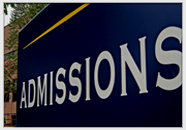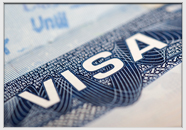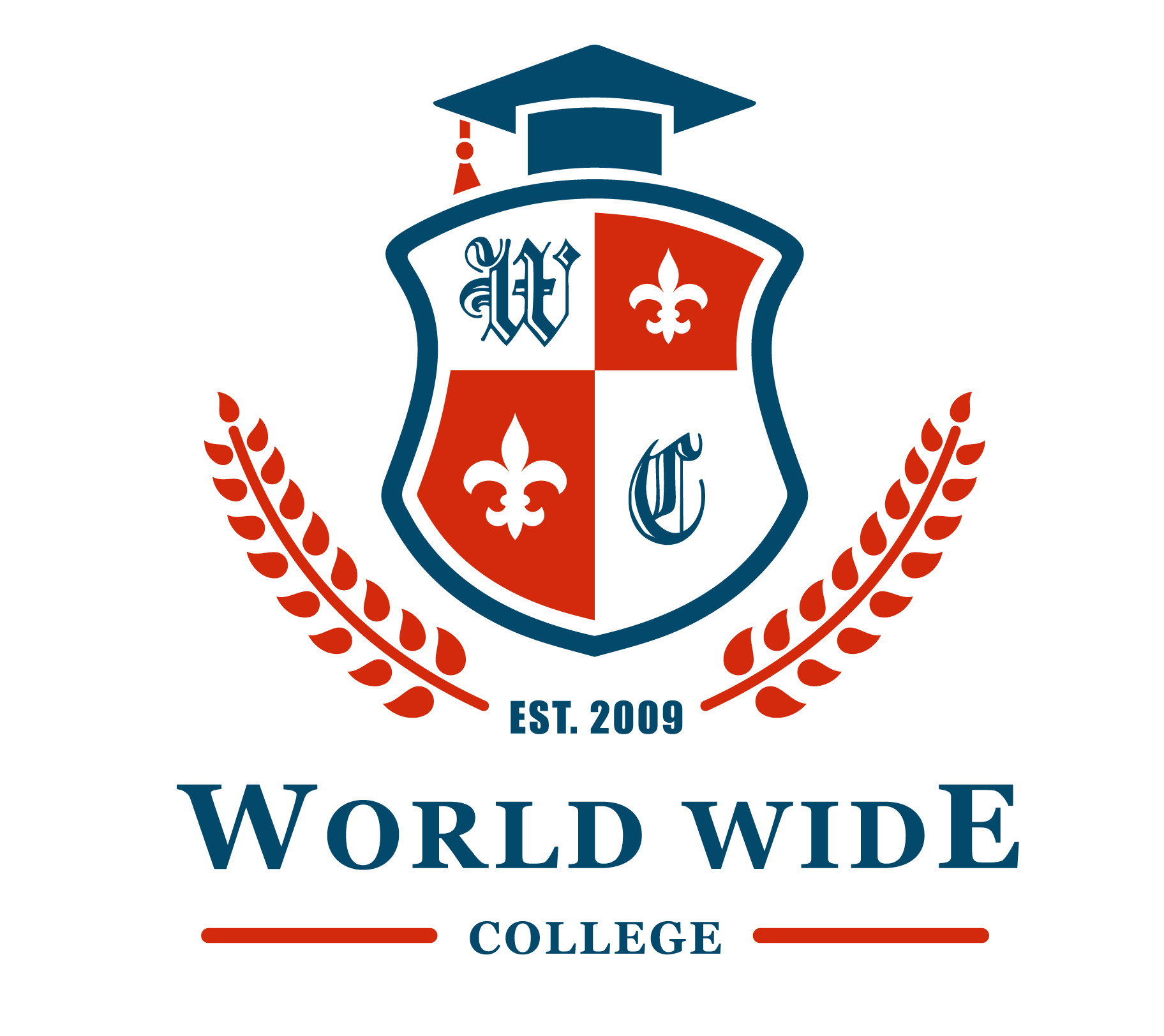Slovenia
Study in Slovenia

Study in Slovenia
Yes, you read that correctly: ‘study abroad in Slovenia’. You may not have even heard about that tiny little country before, let alone thought about studying there. But, now you have a chance to think about your brand new adventure..

Top Universities in Slovenia
Where do you find the best universities in the world? Well, pretty much anywhere - including Slovenia! Cool, huh? In Slovenia you can find plenty of top-ranked universities that take their rightful place next to some of the biggest international university names out there...

Emerging Sectors
In 2016, the GDP growth rate of the Slovenian economy exceded expectations, reaching 2.3%. This builds on the upward trend since 2014, after five years of economic crisis. Starting in 2008, the country had faced social and financial difficulties..

Skill Shortages
EUR 1.2 million will be allocated to this purpose annually, financing jointly from the national budget and European Social Fund (ESF). Every year the Slovene human resources development and scholarship fund launches a call for 1000 scholarships for learners enrolled in vocational programmes for shortage occupations...

Average Incomes
Average monthly earnings, Slovenia, May 2016. Average monthly gross earnings for May 2016 0.6% lower than earnings for April 2016. Average monthly gross..

Education Cost
Tuition fees vary from one higher education institution to another and per year typically range between: 2000 EUR to 5000 EUR for Bachelor’s degree 2500 EUR to 7500 EUR for Master’s degree 3000 EUR to 12000 EUR Doctorate/PhD.

Scholarships in Slovenia
Scholarships are awarded for up to a year of study abroad. Recipients must be willing to pay back their scholarships with a term of service with the federal government. Awards are up to $20,000.For graduate students, Boren Fellowships provide up to $30,000 to U.S. students to study abroad for 12 weeks to 24 months....

Admission Process in Slovenia
If you are applying for the first time as an international student and you have chosen Slovenia, here are some important deadlines and information..

Student Visa for Slovenia from India
Airport transit visa (Visa A) is relevant only for transit purposes and only for citizens of certain countries. As such is not relevant for entry into the Republic of Slovenia for study and research purposes. Before arrival, application can be submitted 3 months before arrival at the earliest.

Exams for Studying in Slovenian
Foreign citizens and Slovenians without Slovenian citizenship who completed secondary school abroad may enrol in Bachelor studies if they meet the following requirements...

Frequently Asked Questions
Many universities and institutions require one or more admission tests from prospective students. Here are some common entrance exams that internationals students may have to appear for...






